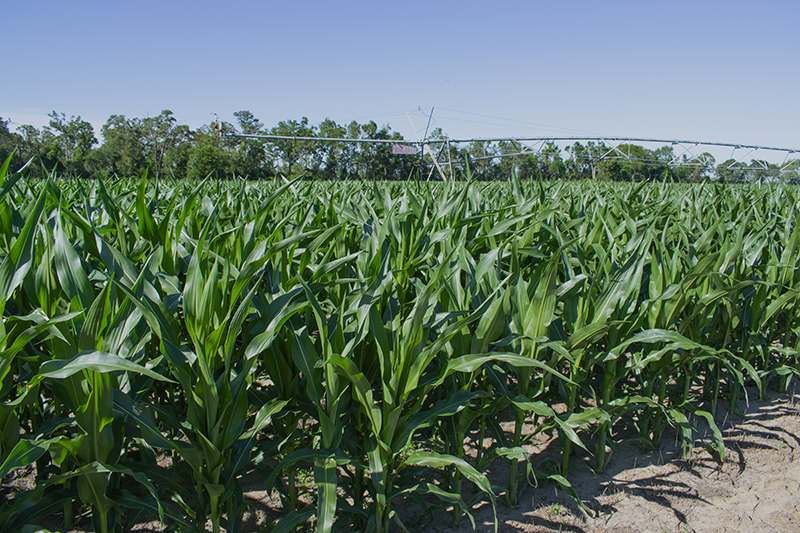
by Michael Mulvaney | Jun 21, 2019
Arun Jani and Mike Mulvaney, West Florida Research and Education Center Climatic conditions in North Florida can pose serious challenges to growers aiming to maximize returns on investments made in nitrogen (N) fertilizer. Most plant available N in local soils is in...
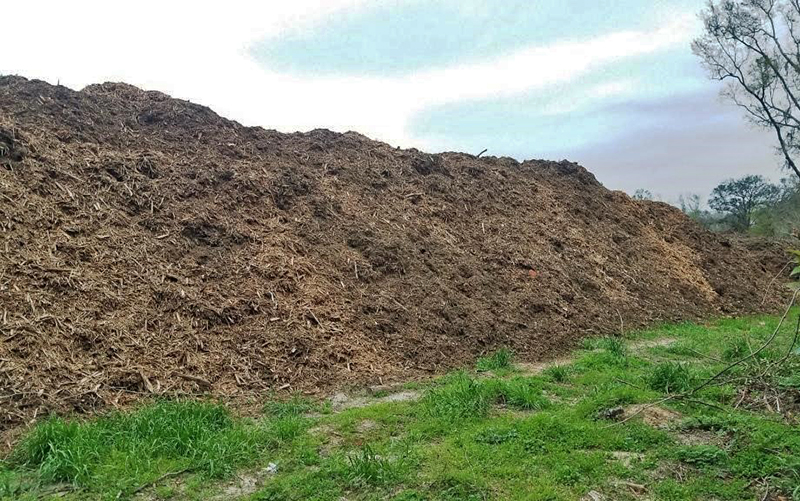
by Michael Mulvaney | Mar 1, 2019
Michael J. Mulvaney,WFREC Cropping Systems Specialsits, Cheryl Mackowiak, NFREC Soil Specialist, David Wright, NFREC Agonomy Specialist, Barry Tillman, NFREC Peanut Breeder, Pat Minogue, NFREC Forestry Specialist The path of Hurricane Michael left an estimated 2.8...

by Matt Lollar | Feb 8, 2019
Proper plant nutrition is key to a successful vegetable crop. Too little fertilizer reduces yields. Too much fertilizer, though not always harmful to the crop, can be economically detrimental to the farm and can negatively impact the environment. Also, over...
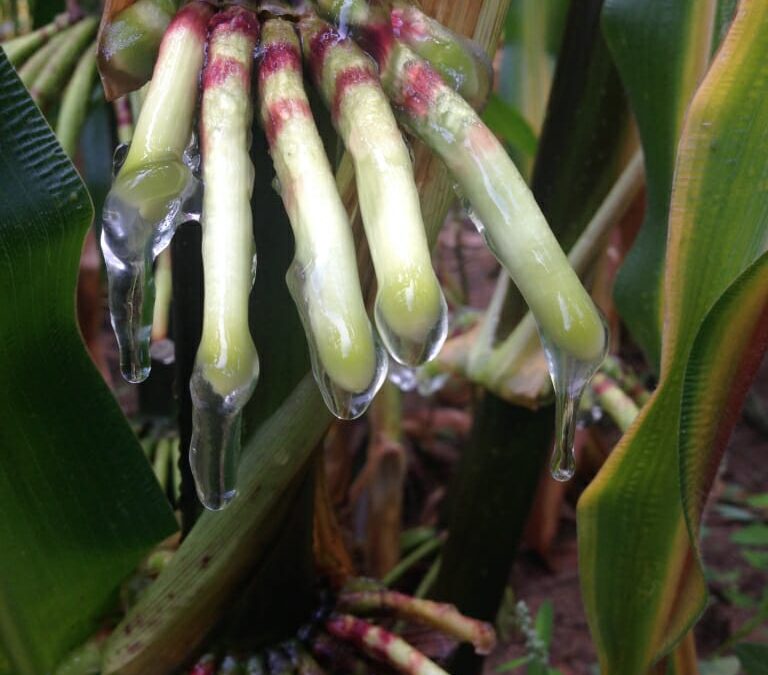
by Doug Mayo | Oct 5, 2018
This week’s featured video was published by the University of California – Davis to share the results of a remarkable scientific discovery. Researchers from UC Davis, the University of Wisconsin–Madison, and Mars, Incorporated have identified a native...
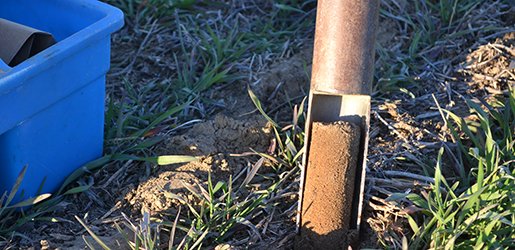
by Doug Mayo | Aug 3, 2018
Sharon Durham, ARS Office of Communications Nitrogen is the main nutrient added to cereal crops like corn, which makes them grow faster and stronger. But too much of a good thing could sometimes have negative outcomes. Too much nitrogen can run off with rainwater or...
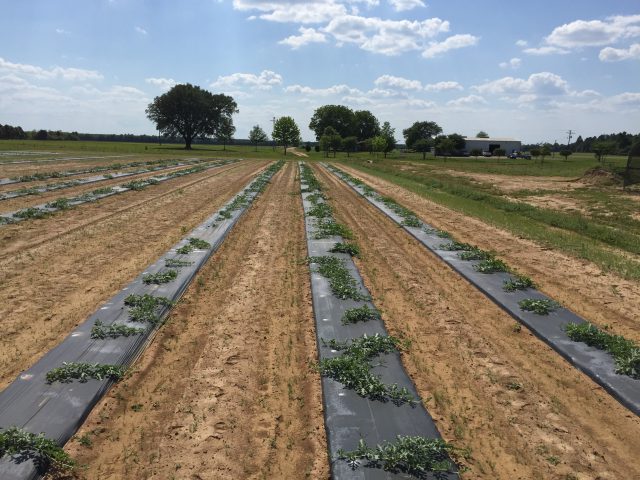
by Matt Lollar | Jul 27, 2018
Fruit and vegetable production on plastic mulch is a substantial investment. To help justify the high input cost, farmers oftentimes choose to double crop. This practice can provide a significant amount of additional income for the farm if a good farm management...







